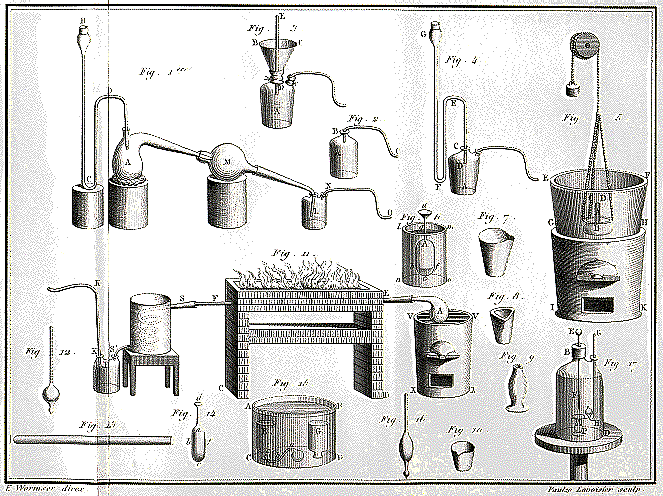 For reasons likely of interest to no one, I spent some time over the last week or so in Rome, rereading Gadamer's Truth and Method and the resonance between Sunday's concert and the following followed me around the city.
For reasons likely of interest to no one, I spent some time over the last week or so in Rome, rereading Gadamer's Truth and Method and the resonance between Sunday's concert and the following followed me around the city.The anticipation of meaning that governs our understanding of a text is not a act of subjectivity, but proceeds from the commonality that binds us to the tradition. But this commonality is constantly being formed in our relation to tradition. Tradition is not simply a permanenet preconditions; rather, we produce it ourselves inasmuch as we understand, participate in the evolution of tradition, and hence further determine it ourselves.
Hans-Georg Gadamer
Truth and Method, p. 293
Second, Revised edition
Continuum
It is easy for listeners, composers and performers to simply imagine the relation to the past as static, as simply given. But what we think of as the clear and stable fact of history is in fact delineated and maintained by our attention. Each act we take reshapes and reformulates (in however small an amount and discrete a method) the tradition in which we operate.
Kyle's meditation on collapsing cultures and crumbling empires, Rogerson’s elegy on human and cultural extinction and Honett’s fragmentation of material speak to time as the leveler of mountains, while Gilbert’s lament imagines an alternate history where the lost world is found again, Halka's trio connects the cultural to the individual, and my own work figures the interplay of the sculptor and the stone as the play between the composer and history.
As Ryan Streber's introductory essay in the program book will highlight, composition is a matter of technics, and thus of adoption the project of adoption is always a project of self discover, or, better, of auto-explication. The automatic, ineluctable discovery of commonality with the past, the unpacking of the forgotten givenness of one's capacity is the result of engagement with the past— what begins in an exploration of alterity becomes an emergence of ipseity. Adoption doesn't build a bridge to the past, it makes that past part of the now. The question here is not so much eternal as it is perpetual– tradition is opportunity and responsibility, and it is always old and new as once.

No comments:
Post a Comment